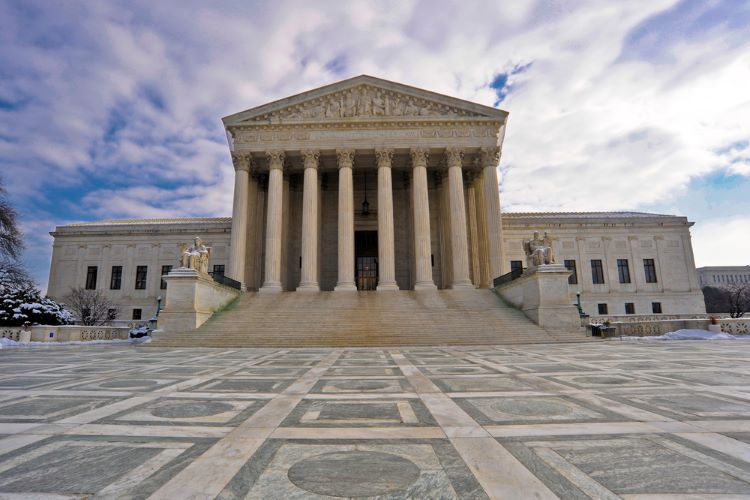Sizing up Attorney Fees
On the heels of initiatives in a number of states seeking to limit contingent fees, the ABA Tort Trial and Insurance Practice Section has launched a task force to study whether they are out of control and in need of regulation.
The 11-member Task Force on the Contingent Fee includes representatives of both the defense and plaintiffs bars, corporations, insurance companies and academia. Section chair Linda Klein of Atlanta decided to give the task force an open-ended schedule rather than call for a quick study and a report to the association’s policy-making House of Delegates during her term.
“We want to put out a report that can be relied upon by legislators around the country when considering proposals to limit attorney fees–information that will help them decide if it’s the right thing to do,” says Steven B. Lesser, the task force chair. Based in Fort Lauderdale, Fla., he specializes in construction law and litigation.
Klein says she got the idea for the task force last year, when she learned that the advocacy group Common Good was seeking changes in contingency fee agreements in 13 states. The group, which says it seeks to “reform America’s lawsuit culture,” believes that contingency fees ranging from 33 percent to as much as 40 percent are often unreasonable, particularly in easy cases that are quickly settled.
Common Good has suggested that in such cases a lawyer’s fees should be limited to 10 percent of the first $100,000 of a settlement and 5 percent of the remainder.
“In some respects this would be about changing 200 years of jurisprudence,” Klein says. “And state legislators often have zero to go on when they write and support legislation because they’re so underfunded and don’t often have research departments. At best, they rely on what comes from lobbyists, who generally are paid to bring a single issue forth. “This task force,” Klein adds, “is charged with putting together a balanced view.”
Skirting the Rule?
According to Rule 1.5 of the ABA Model Rules of Professional Conduct, lawyer fees should be reasonable.
In 1994, the Standing Committee on Ethics and Professional Responsibility issued Formal Ethics Opinion 94-389 to detail ethical principles for contingent fee agreements. The opinion says lawyers should talk to clients about the nature of the fee deal before any final agreement is reached. Factors that should be discussed include the likelihood of success, the amount of work involved and other possible fee arrangements.
Critics of contingent fees say Model Rule 1.5 is too often ignored and not enforced. “At bottom, all we’re saying is that it’s being universally disregarded,” says Nancy A. Udell of Washington, D.C., who is Common Good’s general counsel and policy director. “What we’re proposing is quite reasonable under 1.5.”
Common Good has filed petitions in Alabama, Arizona, California, Colorado, Maryland, Mississippi, New Jersey, New York, Ohio, Oklahoma, Texas, Utah and Virginia.
The initiative is being opposed in each state by the Center for Constitutional Litigation, which is the litigation arm of the Association of Trial Lawyers of America.
Only Utah has taken up the Common Good petition thus far. The supreme courts of three other states–Alabama, Arizona and Maryland–dismissed them outright, says Robert S. Peck, senior director of legal affairs for ATLA and a member of the TIPS council. The Utah court referred the matter to the state bar and it is pending.
ATLA argues in its brief filed with the Utah State Bar that the Common Good proposal is a “one-sided attempt to gain advantage in litigation.”
Much of the argument on either side of the debate is based on anecdote. The TIPS task force hopes to bring more empirical evidence to the discussion.
“We’ve discovered so far that there isn’t a great deal of data out there,” says task force reporter D. Christopher Wells, a professor at Mercer University School of Law in Macon, Ga. “We’re looking for some hard numbers.”



